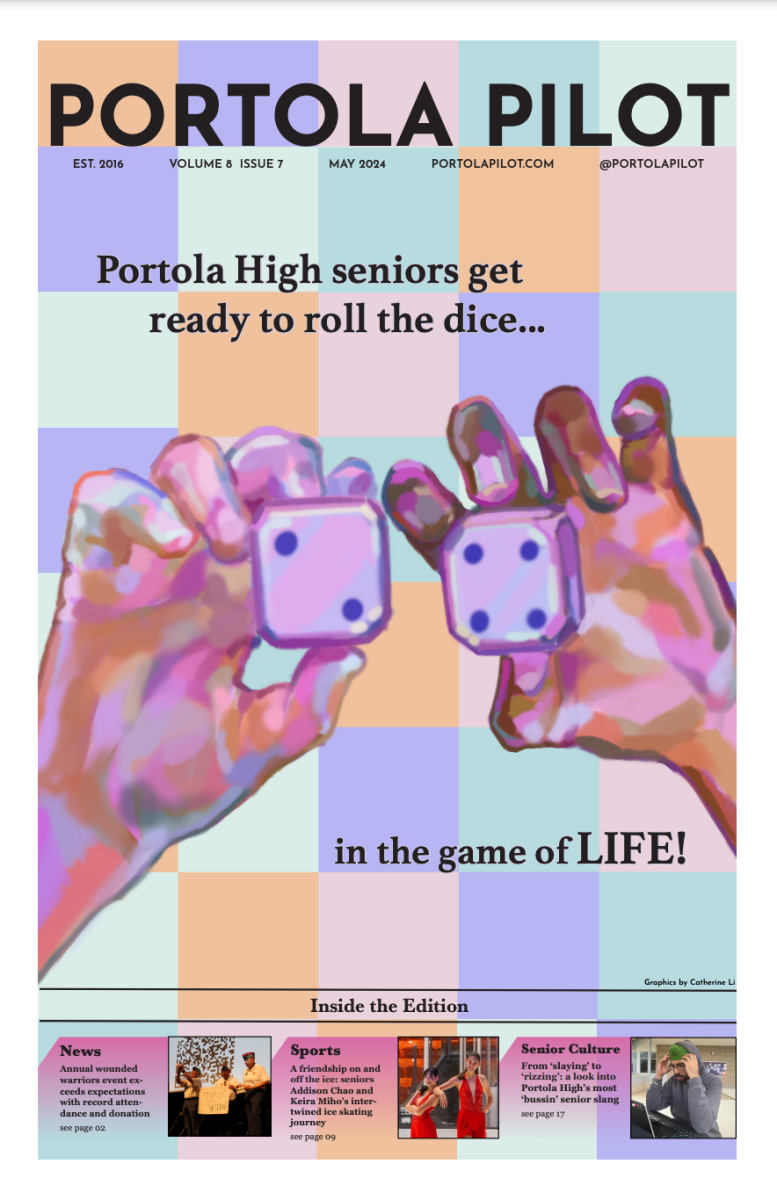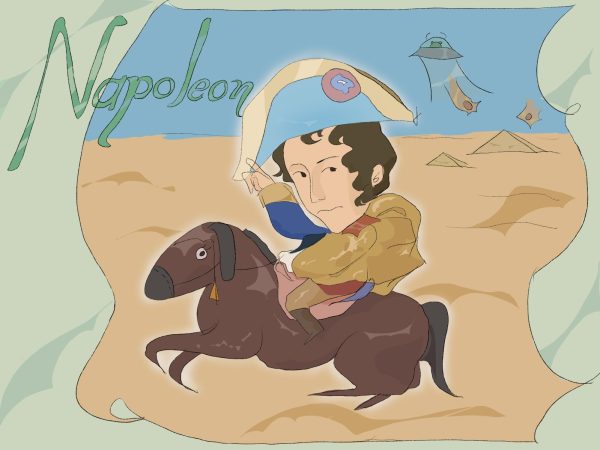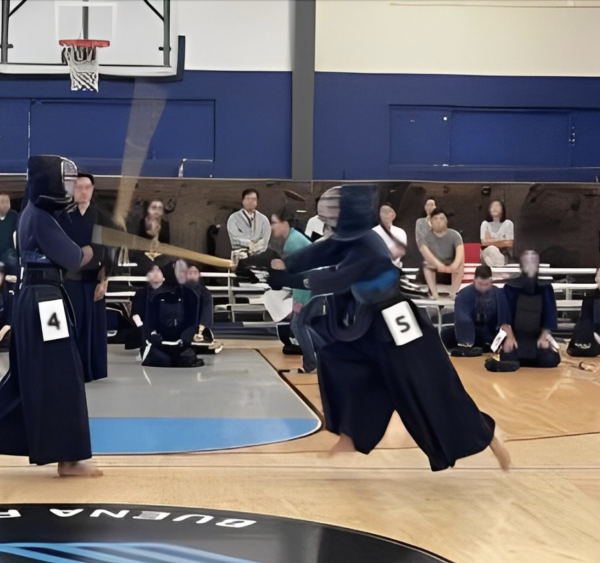Life in Plastic is Fantastic: Expect ‘Barbie’ to not “Bomb” at the Box Office
May 30, 2023
If anyone learned anything from Christopher Nolan’s latest film “Tenet” (2020), it would be that time is a valuable asset (that is, if you could even hear it to begin with). During the limited 24 hours humans experience each day, they must make difficult choices to maximize their unlimited desires.
Fortunately for any true fan of cinema, there will be no difficult decision to make on July 21, as they should spend two hours watching Greta Gerwig’s “Barbie” instead of Nolan’s “Oppenheimer.”
Let me preface this by saying that I hold no ill feelings toward Nolan’s films — it is undeniable that the director’s filmography (such as “Interstellar” (2014), “Inception” (2010) and his Dark Knight Batman trilogy) includes some of the most notable films this century.
Though she may not have Nolan’s immediate name recognition, Gerwig too has built herself an impressive resume in an even shorter period of time.
After initially becoming an acclaimed actress in the realm of independent film, Gerwig currently holds a 100% track record in directing critically-acclaimed films as both films she directed have been nominated for Best Picture among other awards at the Oscars. Gerwig made history as the first woman in seven years to be nominated by the Academy for best director with her directorial debut “Lady Bird” (2017), according to CNN.
But aside from the assumed “prestige” of the two directors — it is important for moviegoers to also consider the content of the films they watch. In the online film discussion community, Nolan’s films have often been the butt of jokes that poke fun at his film’s overtly cerebral plots, lack of cast diversity and uncompelling writing for female characters.
“I feel like Nolan, he’s just trying to make his movies really complicated in a way that it really doesn’t have to be,” PNN show editor and senior Lucas Vo said. “I’d rather just watch Barbie than watch Josh from Drake and Josh act all intellectual.”
The same cannot be said about Gerwig’s filmography, as “Barbie” specifically aims to subvert the unhealthy, conformist standards the popular toy franchise has been criticized for in the past, according to Vanity Fair. This was particularly evident in the promotional campaign for the film, in which a set of viral posters highlighted the multi-racial cast.
Some may claim that Nolan’s background in independent films is reason enough to trust his artistic judgment. While it is true that Nolan first came to mainstream attention for his 2000 neo-noir film “Memento,” it appears that the two directors are headed in the opposite direction as their careers develop.
Nolan’s more recent films — such as “Dunkirk” (2017) and “Tenet” (2020) — rely heavily on visual effects and large budgets, contrasting Gerwig’s filmography. If anything, Nolan’s latest films are mass-consumer products masquerading as auteur cinema by the weight of the director’s staying power alone, whereas Gerwig’s “Barbie” is peak independent cinema being channeled through the medium of a commercial product.
“The poetry of Greta Gerwig’s filmmaking is that breeze I cannot wait to feel again,” legendary Hollywood director Stephen Spielberg said when writing Greta Gerwig’s profile for the Time 100 most influential list.
This is a sentiment I echo completely in rampant anticipation of July 21, and I urge any other aspiring cinephile to choose the same.












![Softball coach Lili Belton plays in a collegiate softball game on Westcliff University’s team. Belton completes a back door slide safe at home to avoid the tag and score the run.“ [She] takes it very seriously and what [she] brings to the program is skill and discipline, and kind of just this youthful experience,” head softball coach Alexandra Dobbs said. “I would say [she] is this perfect combination of sensitive and kind, but driven and serious.”](https://portolapilot.com/wp-content/uploads/2024/03/lili-belton-600x400.png)


AndyG | Jun 5, 2023 at 9:35 am
I’ve casually seen the hype and promos surrounding Barbie, but I cannot remember a single frame of footage that I’ve found interesting or compelling on any level.
Great cast and Margot Robbie is one of my favorite actresses, but unless this is the next coming of “Wedding Crashers”, I see it bombing.